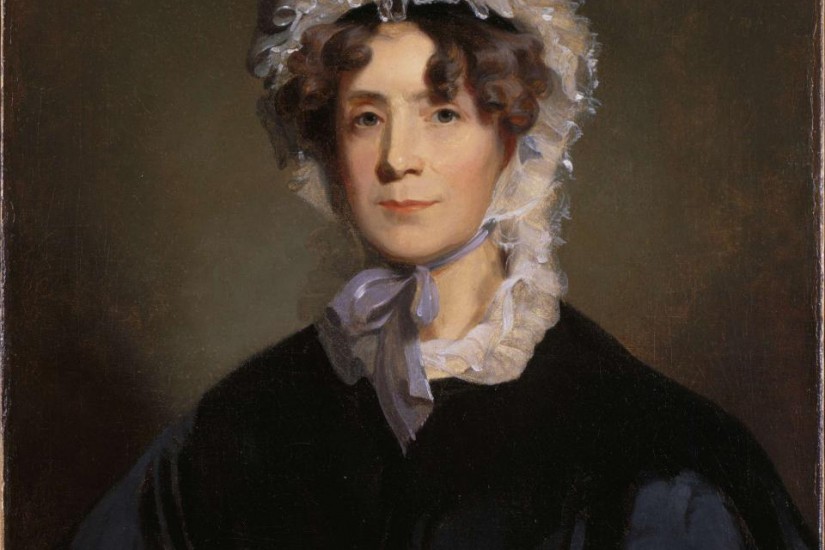North and South Korea have set April 27 as the date for their historic summit, possibly paving the way for the first-ever visit between North Korea’s Kim Jong Un and U.S. president Donald Trump in late May. In the Olympic overtures that preceded this thaw in North and South Korean relations—not to mention the unprecedented prospect of a meeting between a North Korean leader and a sitting American president—Kim Yo Jong, the dictator’s sister, and Ivanka Trump, the president’s daughter, played prominent roles. Defusing what had been an escalating verbal war between their male relatives, the women applauded both North and South Korean teams and charmed athletes and politicians alike.
In both cases, the women’s service as their nation’s delegates softened the image of their bellicose relatives, normalizing two figures who have been sharply criticized by most world leaders for their ruthlessness (Kim) and pugnacity (Trump). In a clever sleight of hand, the smiling faces of the women replaced the menacing visages of the men they represented.
This is not a new strategy. Male leaders have deployed female family members for their own strategic purposes before. But what should we make of the ways that these women willingly complied? Reflecting on the experiences of another presidential daughter, Martha Jefferson Randolph, helps us to recognize the costs exacted by these women’s political service.
Stung by reports in late 1802 that he had “kept, as his concubine, one of his slaves . . . by [whom] our president has several children,” an embattled Thomas Jefferson begged his daughters, Martha Jefferson Randolph and Maria Jefferson Eppes, to join him in Washington. Flanked by his daughters, he presented the nation with a family tableau designed to render the story unthinkable to white Americans. In a calculation that Kim and Trump might recognize two centuries later, Jefferson hoped to muzzle his critics by showcasing the love of his brilliant older daughter and beautiful younger one. A father cherished by such women, he hoped onlookers would conclude, could not possibly be capable of such an egregious moral failing as sex with a slave.
He was right; it was a public relations coup. One Washington society matron declared, “his life [as a doting father] is the best refutation of all the calumnies that have been heaped upon him.”
